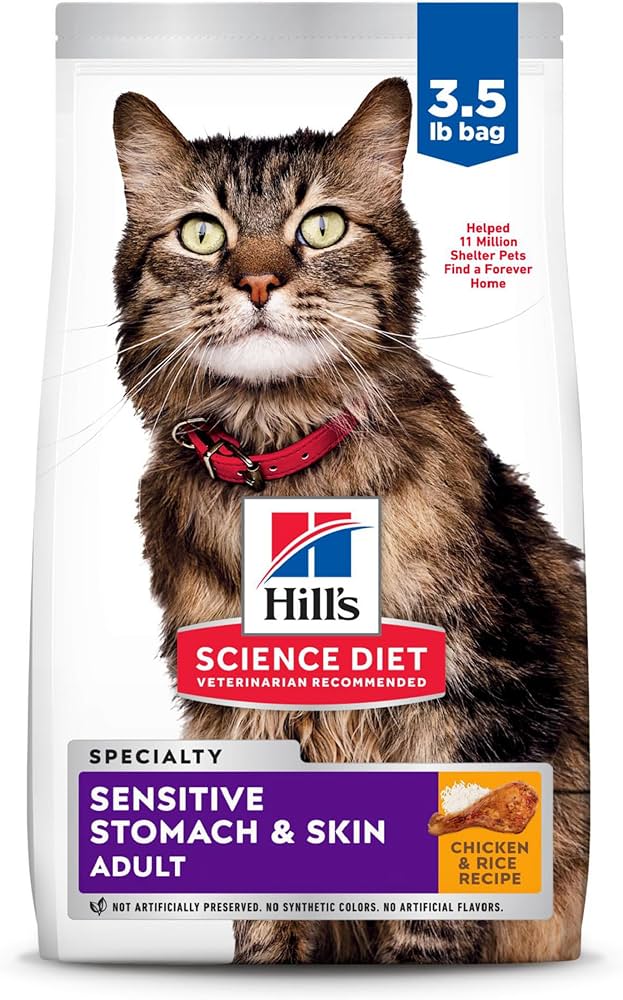
Apply Now


Smart Ways to Manage Cholesterol on the Carnivore Diet in 2025
Introduction to Cholesterol and the Carnivore Diet
The carnivore diet, primarily composed of animal products, is gaining popularity for its claims of various health benefits, including simplification of meal choices and the promotion of weight loss. However, a common concern associated with this strictly meat-based diet is its impact on cholesterol levels and overall heart health. Understanding how dietary fat, particularly saturated fats from animal sources, influences cholesterol metabolism is essential in navigating potential health risks like heart disease. Cholesterol management is crucial for anyone adopting this dietary trend, especially since misconceptions about dietary cholesterol persist. In this article, we'll explore strategies to optimize cholesterol levels while following the carnivore diet, discuss the significance of cholesterol testing, and highlight positive lifestyle changes that promote heart health.Understanding Cholesterol in the Context of a Meat-Based Diet
Cholesterol, a waxy substance found in animal products, plays a crucial role in bodily functions, including cell membrane formation and hormone production. The body produces most of the cholesterol it needs, but dietary intake can significantly influence blood lipid levels. On the carnivore diet, the health effects of high cholesterol are closely monitored, particularly when distinguishing between LDL (low-density lipoprotein) and HDL (high-density lipoprotein) cholesterol. While saturated fats from meats often lead to increased LDL cholesterol, it is essential to consider the type of fats incorporated into your meals. Recent studies show that certain saturated fats can raise HDL levels, which help remove LDL from the bloodstream, indicating a complex relationship between dietary fats and heart health. Understanding how to strike a balance between these sources is a key element of effective cholesterol management.The Role of Dietary Fat in Cholesterol Management
Managing cholesterol levels on a carnivore diet requires careful consideration of dietary fat types. While many fear that high saturated fat intake can lead to increased cholesterol levels and heart disease, emerging research suggests that the relationship isn't that straightforward. Instead, the focus must shift to the overall quality of fats. Healthy fats, such as those found in fatty fish, can positively affect cholesterol levels by increasing HDL cholesterol. In contrast, inflammatory industrial seed oils can negatively impact heart health and should be avoided or minimized. Aiming for nutrient-dense animal products—such as organ meats, which are rich in vitamins and minerals—can support metabolic health and offer additional health benefits.Cholesterol Testing and its Importance
Regular cholesterol testing is crucial for those pursuing a carnivore diet, as it enables monitoring of blood lipid levels over time and allows for informed dietary choices. Blood tests can assess LDL, HDL, and triglyceride levels, helping individuals to understand their unique response to this diet. It is important for those on a meat-based diet to be aware of how their body processes dietary cholesterol. Patients may consult healthcare professionals to develop personalized nutrition plans based on test results, helping manage and mitigate the risks associated with high cholesterol. Cholesterol tests should be part of regular health assessments, particularly for individuals with a genetic predisposition to heart disease or elevated cholesterol levels.Effective Strategies for Optimizing Cholesterol Levels
Meal Planning for Nutrient Density
Crafting a meal plan that prioritizes nutrient density is essential for anyone managing cholesterol levels on a carnivore diet. Focus on incorporating a variety of animal products, including high-quality meats, organ meats, and eggs, while moderating the intake of processed meats, which can contain unhealthy additives and preservatives. Utilizing cooking methods that preserve nutrients—such as grilling, broiling, or slow cooking—can enhance the health benefits of your meals. Incorporating herbs and spices can add flavor and may also provide anti-inflammatory properties. Paying attention to food quality ensures that your meals not only support cholesterol management but also contribute to overall health and wellbeing.Incorporating Healthy Fats into Your Diet
On the carnivore diet, it is essential to selectively include healthy fats to optimize cholesterol levels. Emphasizing fatty fish, grass-fed beef, and lamb can provide beneficial omega-3 fatty acids, which help reduce inflammation and support cardiovascular health. Using animal fats—for instance, tallow or lard—can also enhance meal flavors while delivering necessary nutrients. Supplementing with omega-3s from fish or algae sources may be beneficial for heart health, especially when combined with other dietary strategies. Monitoring the levels of omega-6 fatty acids is equally important, as excessive amounts can contribute to inflammation and negatively affect cholesterol management.Addressing Inflammation and its Impact on Cholesterol
Inflammation plays a pivotal role in the development of chronic diseases, including heart disease. Managing inflammation through dietary choices can help partners’ cholesterol management efforts. An emphasis on whole foods and nutrient-dense animal products is instrumental in combating inflammatory markers. Foods rich in vitamins and minerals, such as liver and bone marrow, can bolster immune response and reduce inflammation levels. Additionally, addressing lifestyle factors such as stress management, exercise, and adequate sleep is crucial, as these can significantly influence metabolic pathways and overall health.Additional Lifestyle Changes for Heart Health
Incorporating Regular Exercise
Exercise is a key component of any healthy lifestyle and can play a significant role in managing cholesterol levels while following a carnivore diet. Engaging in both aerobic exercises and strength training can help improve insulin sensitivity, support weight management, and promote better blood lipid levels. Regular cardiovascular fitness activities can also enhance overall wellbeing, contributing to improved heart health. Strive for consistency in physical activity as part of a multifaceted approach to maintaining balanced cholesterol levels.Understanding Cholesterol Misconceptions
Misconceptions regarding cholesterol and dietary fat continue to circulate, often confusing those seeking to manage their health effectively. For instance, the belief that all dietary cholesterol significantly impacts blood cholesterol levels has been debunked in various nutrition studies. It is crucial to differentiate between different types of cholesterol and understand how the body metabolizes these fats. Education around cholesterol guidelines and expert opinions can empower individuals to make informed decisions about their dietary choices while navigating the confusion surrounding this topic.Tracking Progress for Better Outcomes
Effective cholesterol management on the carnivore diet requires consistent monitoring and adaptation. Utilizing nutrition tracking tools and keeping a journal can help individuals assess their meal composition, nutrient intake, and body responses to dietary changes. Engaging in self-assessment can provide insights into how specific foods affect overall health and cholesterol levels. Regular reflection and adjustment ensure that you're adhering to the desired nutritional pathways while optimizing health outcomes.Common Questions about Cholesterol Management on the Carnivore Diet
What are the best sources of cholesterol on a carnivore diet?
The best sources of cholesterol include fatty cuts of meat, organ meats (such as liver), eggs, and seafood. Prioritizing these nutrient-dense options can support cholesterol management and overall health.Can I still maintain healthy cholesterol levels while losing weight?
Yes, many individuals can achieve weight loss while following the carnivore diet and managing cholesterol levels by focusing on nutrient-dense foods and incorporating exercise. Regular cholesterol testing will help ensure weight loss efforts do not adversely affect heart health.How do I manage high triglycerides on this diet?
To manage high triglycerides, focus on reducing refined carbohydrate consumption even within the carnivore framework. Incorporating healthy fats and ensuring adequate protein intake can also support balanced triglyceride levels.
